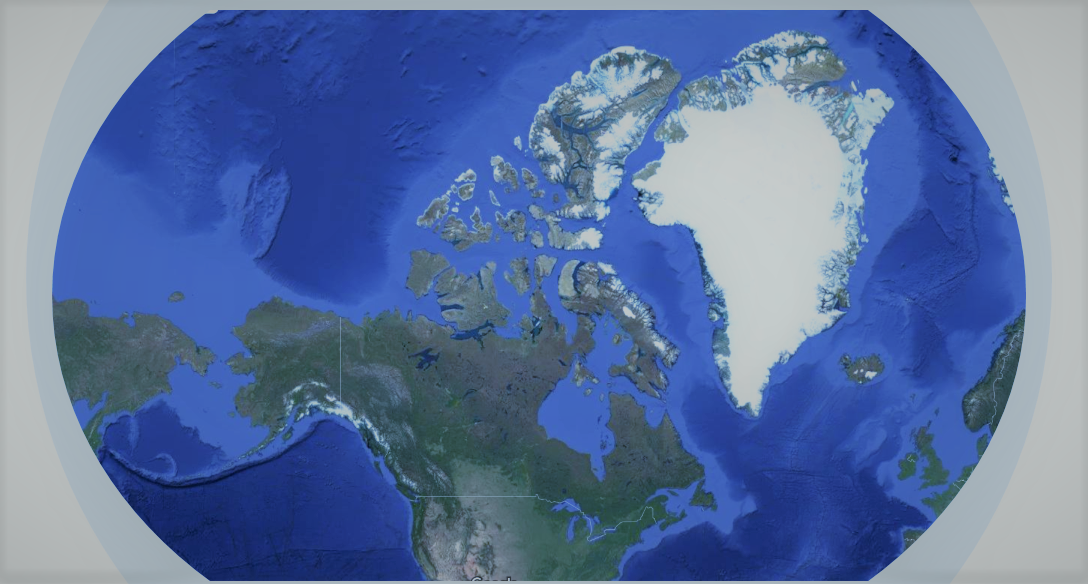Pick Up
376. Relationship Between Arctic Warming and the Cold Waves in the Northern Hemisphere

The first week of September has been cooler than usual in the Kanto region. In the climate change debate, there is concern about the rise in temperature and the increase in extreme events since the Industrial Revolution. In particular, the temperature rise in the Arctic is progressing faster than anywhere else in the world. On the other hand, parts of the Northern Hemisphere, such as North America and Asia, have been experiencing an increase in the frequency of extreme cold waves over the past few decades. In fact, in February 2021, the area around Texas in the central United States was hit by an intense cold wave.
A paper published in Science in September 2021 has shown the possibility that warming in the Arctic could lead to stratospheric polar vortex (SPV) disruption, which could lead to extreme cold waves in the mid-latitudes of the Northern Hemisphere. Normally, the polar vortex is kept in the Arctic Ocean sky by the jet stream, but the jet stream is said to be partially bent, making it easier for cold air to slide down to lower latitudes.
According to the article, one of the most noticeable signs of global warming is the acceleration of Arctic amplification (AA), which has become more pronounced since the 1990s. Arctic amplification is a consequence and accelerator of the Arctic sea ice decline, which increases moisture availability in the Arctic, leading to increased snowfall in high latitudes such as Eurasia.
Recently, rainfall was observed at the top of an iceberg in Greenland, and it was also reported that the melting of the ice sheet is progressing. It has been pointed out that the Arctic is prone to warming and that its effects may extend beyond the Arctic Circle to the mid and low latitudes. Climate change is certainly an issue that must be tackled on a global scale, as it involves a lot of uncertainties and will affect food security through its impact on agriculture.
Reference
Judah Cohen et al., Linking Arctic variability and change with extreme winter weather in the United States, Science (2021). DOI: 10.1126/science.abi9167
Contributor: IIYAMA Miyuki (Director, Information Program)
